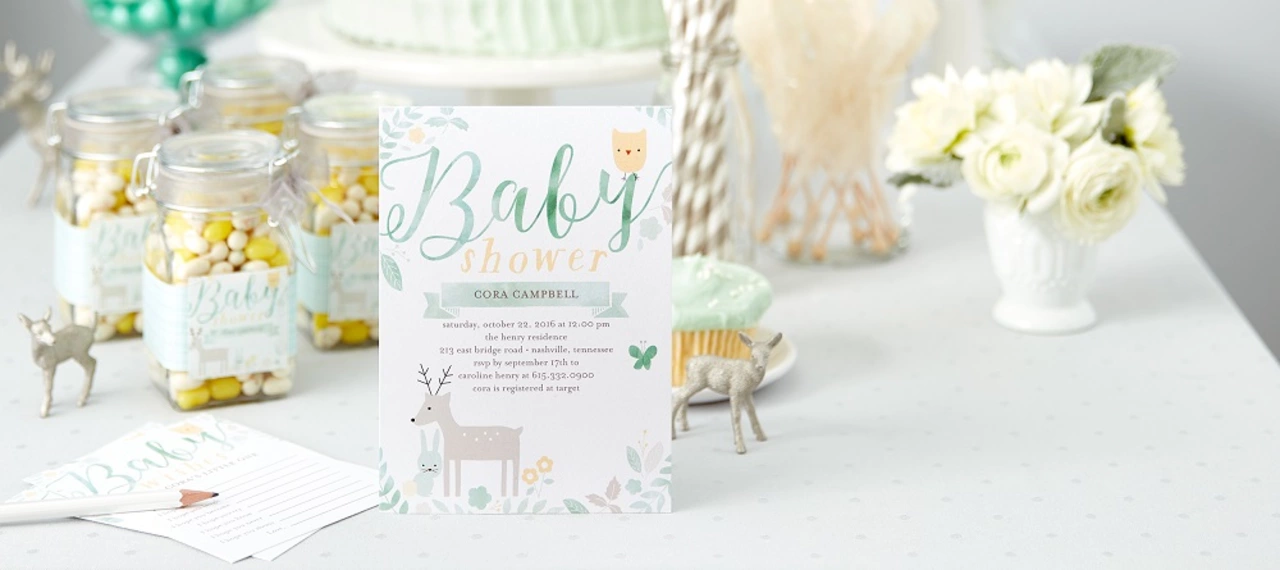Baby Planning Made Simple: What You Need Right Now
If you’re thinking about adding a little one to your family, the first step is getting organized. Baby planning isn’t just about buying cute clothes; it’s about making sure you have the basics covered so stress stays low when the big day arrives.
Start With a Prenatal Checklist
Before you even schedule that first doctor visit, write down what you’ll need. A simple spreadsheet or notebook works fine. Include items like prenatal vitamins, a good OB‑GYN, and a budget for routine tests. Having this list in front of you helps you see gaps early and avoid last‑minute scrambling.
Don’t forget the less obvious things: a reliable water bottle (hydration matters), comfortable shoes for those inevitable late‑night bathroom trips, and a small stash of snacks that won’t spike blood sugar. These tiny details add up to a smoother pregnancy.
Build Your Newborn Essentials Kit
When it comes time for the baby’s arrival, you’ll want a ready‑to‑go kit. Focus on three categories: sleep, feeding, and safety. For sleep, a firm crib mattress, fitted sheets, and a breathable swaddle are must‑haves. Feeding can be as simple as a few bottles, a breast pump if you plan to pump, and a stash of burp cloths.
Safety items include a baby monitor, outlet covers, and a basic first‑aid kit. You don’t need every gadget on the market; pick what fits your lifestyle and budget. Many parents find that borrowing from friends or using gently used gear works just fine.
Another tip is to set up a “changing station” in a convenient spot—think a dresser drawer with diapers, wipes, and diaper rash cream within arm’s reach. This small setup saves you countless trips across the house when the baby needs changing at 2 am.
Financial Planning for Your New Family
Money talks louder than anyone else during this time. Look at your current expenses and figure out where you can trim to fund baby costs—diapers, clothes, medical bills, and maybe a nursery upgrade. Some families open a dedicated savings account that they contribute to each month.
If you have health insurance, double‑check what’s covered: prenatal visits, delivery, newborn screenings, and postpartum care. Knowing your benefits ahead of time prevents surprise bills later.
Get Support From the Right Places
Whether it’s a partner, family member, or online community, having people to lean on makes a huge difference. Join a local parent group or an online forum where you can ask questions and share experiences. You’ll discover that many concerns you have—like “how much sleep will I get?”—are shared by others.
Don’t overlook professional help either. A lactation consultant, a doula, or a postpartum therapist can provide specialized guidance when you need it most.
Stay Flexible and Keep It Real
No plan survives first contact with a newborn unchanged. The goal isn’t perfection; it’s preparation. Accept that some items will be added later and that you’ll learn on the fly.
Take a moment each week to review your checklist, adjust budgets, and ask yourself what feels missing. Small tweaks keep you moving forward without feeling overwhelmed.
Baby planning is all about turning big ideas into bite‑size steps. With a clear checklist, essential gear, solid finances, and good support, you’ll feel ready for whatever comes next. Now go ahead—grab that notebook and start ticking boxes. Your future little one will thank you!"

